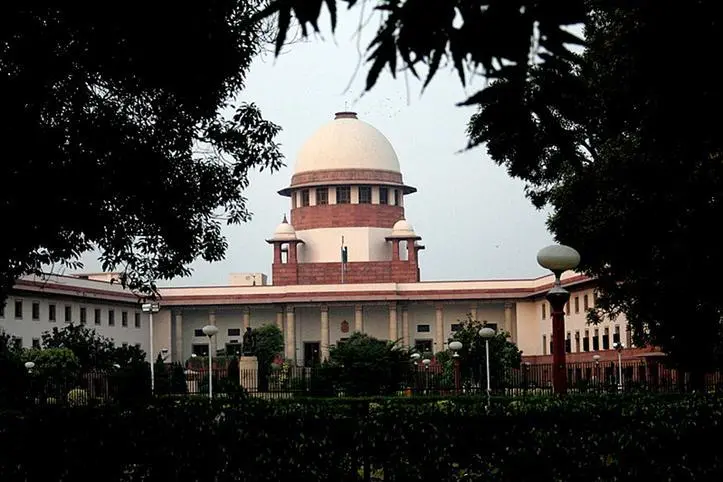PHOTO
NEW DELHI - Decisions by the Indian tax body that sets goods and services tax (GST) rates are not binding on the states or the federal government, a top court said on Thursday, a ruling that could potentially dilute the country’s biggest tax reform.
Legal experts said the Supreme Court's judgement could potentially encourage some states to impose different rates that could partly reverse a 2017 tax reform that introduced a uniform nation-wide tax.
While confirming a Gujarat High Court ruling that quashed the levy of GST by the federal government on ocean freight paid on import of goods, the top court said the law intended that the recommendations made by the Goods and Services Tax Council should have a "persuasive value."
"This opens up the question whether different states could have different rate structure for a similar supply," said Abhishek A Rastogi, partner at legal firm Khaitan and Co, who argued for the petitioners in the case.
"Such a deviated position would fundamentally affect the concept of one nation one tax."
The GST replaced about 20 federal and state taxes such as factory-gate duties, service and local taxes while unifying India's $2.8 trillion economy and 1.4 billion people into a single market.
The GST Council, comprising all states' finance ministers and chaired by the federal finance minister, until now set tax rates either via a full consensus or by voting in case of disagreements.
Some opposition-ruled states have often criticised majority decisions, saying they damaged the federal spirit of the constitution.
"The recommendations of the GST Council are not binding on the Union and States," a three-judge bench led by D.Y. Chandrachud said.
The court said the argument in favour of the decisions of the GST council being binding rested primarily on the fact that without the council the "entire structure of GST will collapse as each state would then levy a conflicting tax."
(Reporting by Aftab Ahmed and Manoj Kumar, Editing by William Maclean)




















